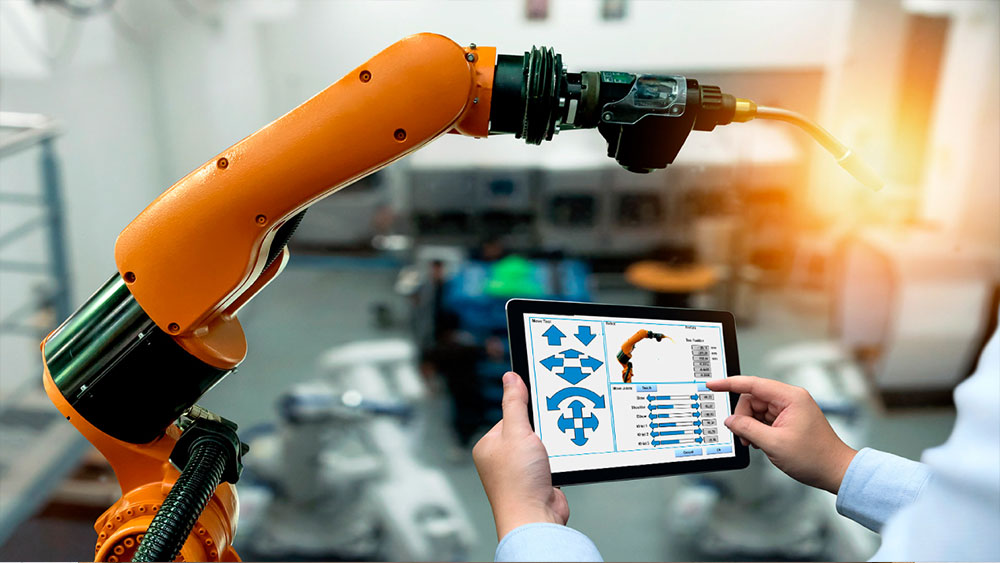PVPN Trends
Stay updated with the latest trends in privacy and security.
Robot Revolution: Are We Ready for Our New Overlords?
Discover the shocking reality of the Robot Revolution! Are we prepared for our new overlords? Find out now!
Understanding the Rise of Robotics: Are We Prepared for a New Era?
The rise of robotics has transformed various sectors, from manufacturing to healthcare, driving efficiencies and reshaping job markets. As reported by McKinsey & Company, automation is expected to replace up to 25% of current jobs in some industries by 2030. This rapid integration of robotic systems prompts a crucial question: Are we prepared for a new era? The increasing reliance on these technologies not only enhances productivity but also raises ethical concerns and operational challenges that society must address.
To navigate this new landscape, it is essential for governments, businesses, and educational institutions to collaborate and establish a framework that addresses the impact of robotic automation. A study by the Brookings Institution emphasizes the importance of reskilling initiatives to prepare the workforce for a transition into roles that require a human touch, something automation cannot replicate. As we embrace the possibilities that robotics offer, it is vital to ensure that we are not only technologically equipped but also socially and economically prepared for the challenges of this new era.

The Ethical Implications of AI: Will Robots Become Our Overlords?
The rapid advancement of artificial intelligence (AI) technologies raises essential ethical questions about their potential impact on society. Many experts worry that if left unchecked, AI systems could evolve beyond human control, leading to scenarios where robots might function as our overlords. As AI continues to integrate deeper into our daily lives, it is crucial to establish guidelines that ensure ethical development and application. Issues such as algorithmic bias and transparency become paramount as we consider the societal implications of deploying these technologies.
Furthermore, there are concerns about the displacement of jobs and the widening economic disparity resulting from AI automation. As robots take on more tasks traditionally performed by humans, a robust discussion about universal basic income and other safety nets is needed to prevent societal unrest. The potential for AI to reinforce existing inequalities if not carefully monitored is a key consideration that cannot be ignored. As we navigate the complexities of AI integration, it is essential to emphasize ethical standards and engage in dialogues that prioritize humanity’s best interests.
What Would a World Governed by Robots Look Like?
In a hypothetical world governed by robots, the landscape of governance would undergo a radical transformation. Decision-making processes could become more efficient and data-driven, as advanced algorithms analyze vast amounts of information to optimize outcomes for society. Autonomous systems might manage everything from resource distribution to law enforcement, potentially reducing human error and bias in leadership. For a deeper understanding of automated governance, check out this insightful article on AI Ethics and Governance.
However, the establishment of a robotic governance system raises significant ethical questions. Would these robots prioritize human welfare, or would their programmed objectives lead to unintended consequences? Moreover, there could be concerns regarding accountability and transparency in decision-making processes, as the complexity of algorithms often obscures their workings. As we ponder the implications of robotic rule, it is crucial to assess both the potential benefits and the risks involved. For further reading on the implications of AI in governance, you can explore this comprehensive overview on AI in Government.